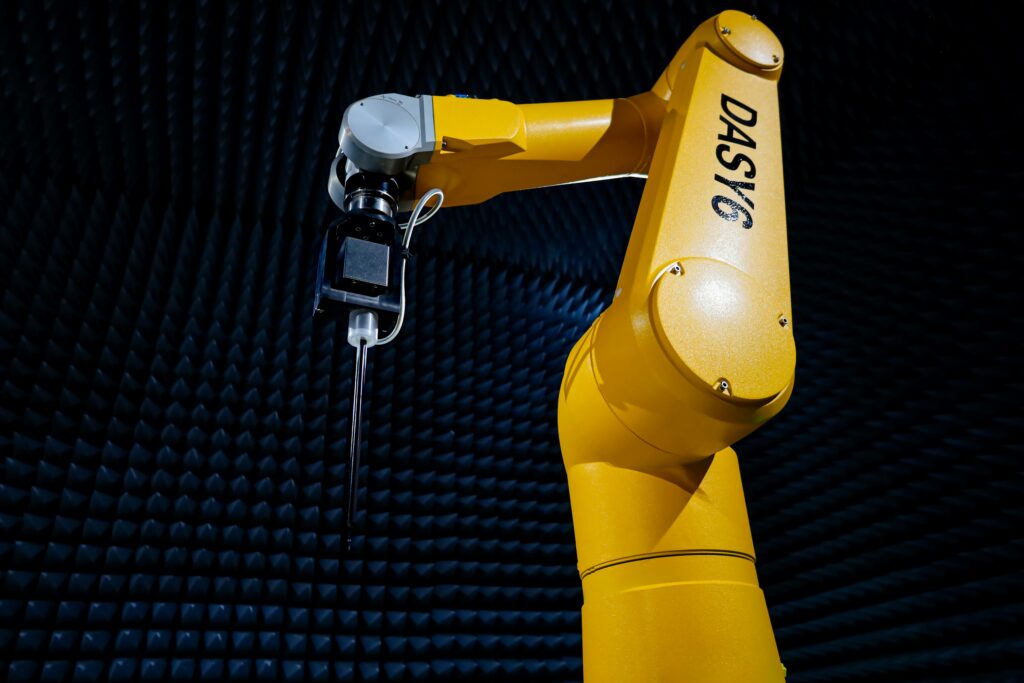Picture this: you’re walking through a busy city street, surrounded by towering skyscrapers and bustling crowds. You suddenly feel a tap on your shoulder, and when you turn around, you come face to face with a robot handing you a cup of freshly brewed coffee. Sounds like something straight out of a sci-fi movie, right? Well, believe it or not, this futuristic scenario is becoming a reality thanks to the rapid advancements in robotics and automation.
With the rise of artificial intelligence and machine learning technologies, robots are no longer confined to the realm of manufacturing or industrial settings. Companies are now exploring innovative ways to incorporate robots into customer-facing roles, from serving coffee in cafes to providing information in hotels. In fact, according to a recent study by McKinsey, the adoption of robotics in service industries is expected to grow by 25% annually over the next decade.
But what does this mean for human workers? While some fear that robots will take over human jobs, others argue that this technology has the potential to enhance efficiency and improve customer experience. As businesses continue to embrace automation, it is crucial for policymakers and industry leaders to address the implications of this shift and ensure that workers are equipped with the skills needed to thrive in a robot-friendly world.
In this age of rapid technological advancement, one thing is clear: robots are no longer just a novelty. They are shaping the way we live, work, and interact with the world around us. So next time you see a robot serving you coffee, take a moment to appreciate the marvels of modern technology – and maybe give it a tip!



